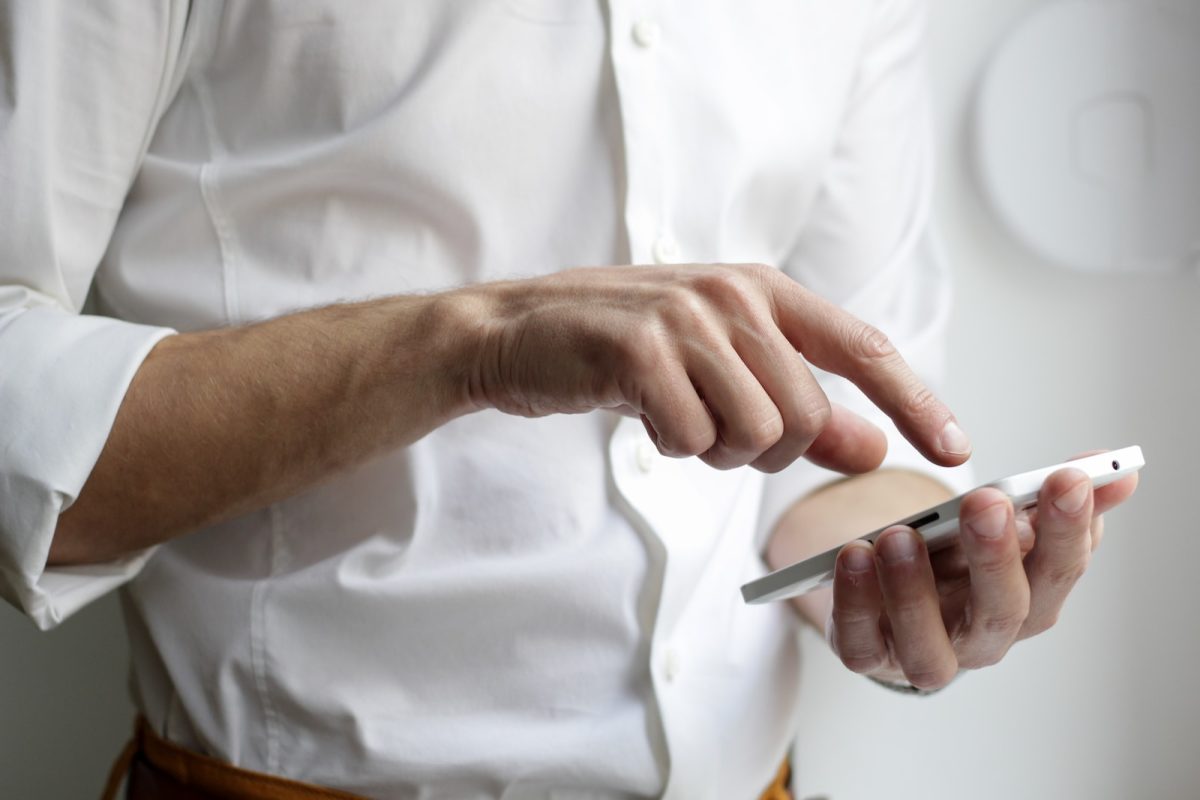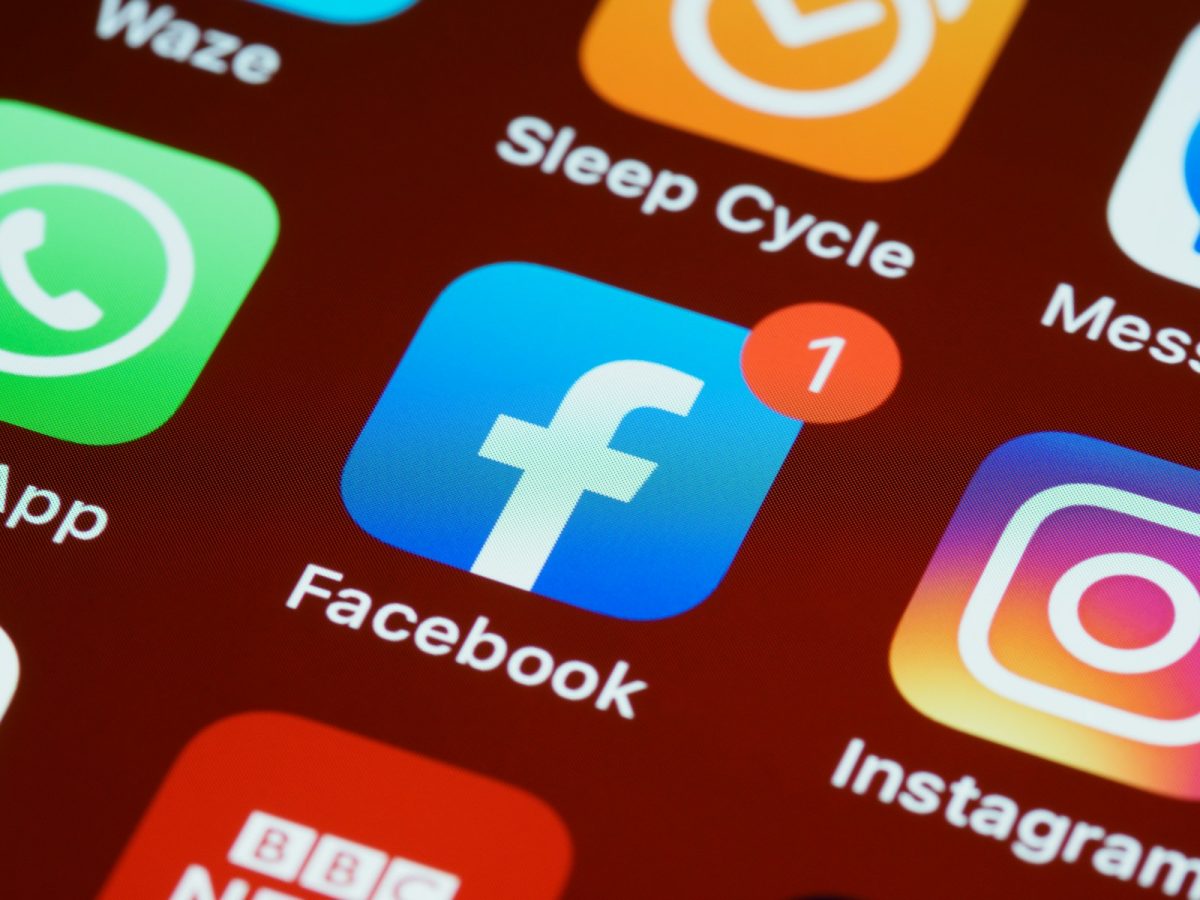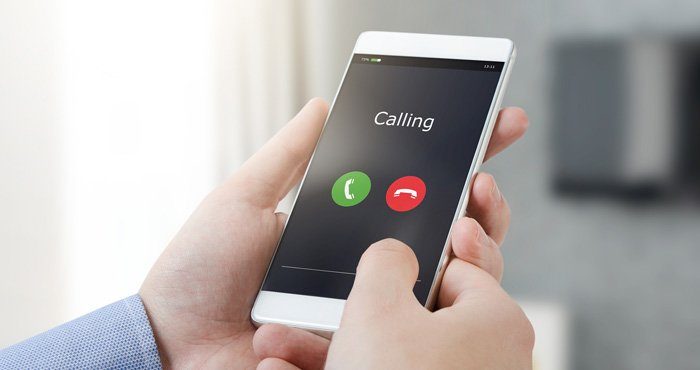In today’s digital age, it’s hard to imagine life without smartphones. They’ve become a huge part of our daily routine, serving a variety of purposes in one small device. While they offer numerous benefits, they also come with a downside – addiction. But what exactly is driving this addiction? Why do we feel the need to look at our phones all the time?
One of the reasons is dopamine, a “feel-good” neurotransmitter. Every time we receive a text message or notification, our brains release dopamine. This sensation of happiness makes us want to check our phones repeatedly. Eventually, this pattern creates an addiction and makes it challenging to put our phones down. Another fear is being left out. Social media platforms show us images of friends, family, and colleagues enjoying life, which makes it seem like everyone else is having a better time than us. We feel compelled to constantly check our phones to stay in the loop and avoid feeling left out. Phones have also become a common escape from the stress and challenges of everyday life. Scrolling through social media, watching videos, or playing games have become a temporary relief from stress. Phones can also help us stay in touch with friends and family. However, this can also lead to a sense of obligation, where we feel the need to respond to messages instantly. Smartphones have also replaced various devices like cameras, alarm clocks, and GPS, making them incredibly convenient. This is another way we get encouraged to spend more time on our devices.
Phones have undoubtedly transformed our lives and brought many conveniences, but they’ve also created phone addictions. Understanding the reasons behind this addiction is crucial in finding a balance between staying connected and staring at our phones all the time. Then we can learn to use our phones in a more mindful way.
RELATED STORIES:
https://universityurgent.care/why-are-we-addicted-to-our-phones/
https://www.nytimes.com/2019/02/23/business/cell-phone-addiction.html
https://www.verizon.com/articles/cell-phone-addiction/
https://www.ncbi.nlm.nih.gov/pmc/articles/PMC6449671/
TAKE ACTION:
https://www.samhsa.gov/find-help/national-helpline
https://www.helpguide.org/articles/addictions/smartphone-addiction.htm










